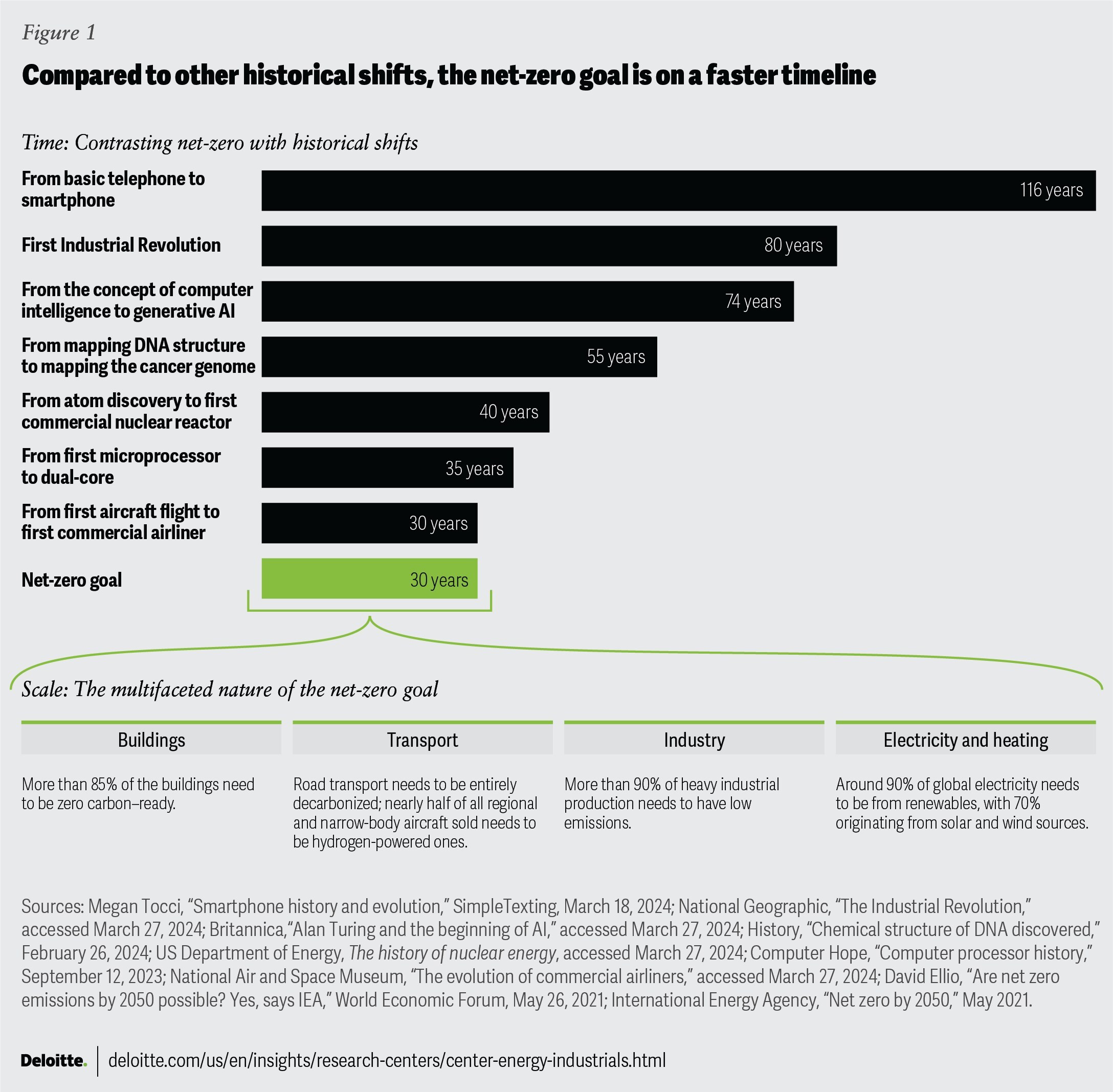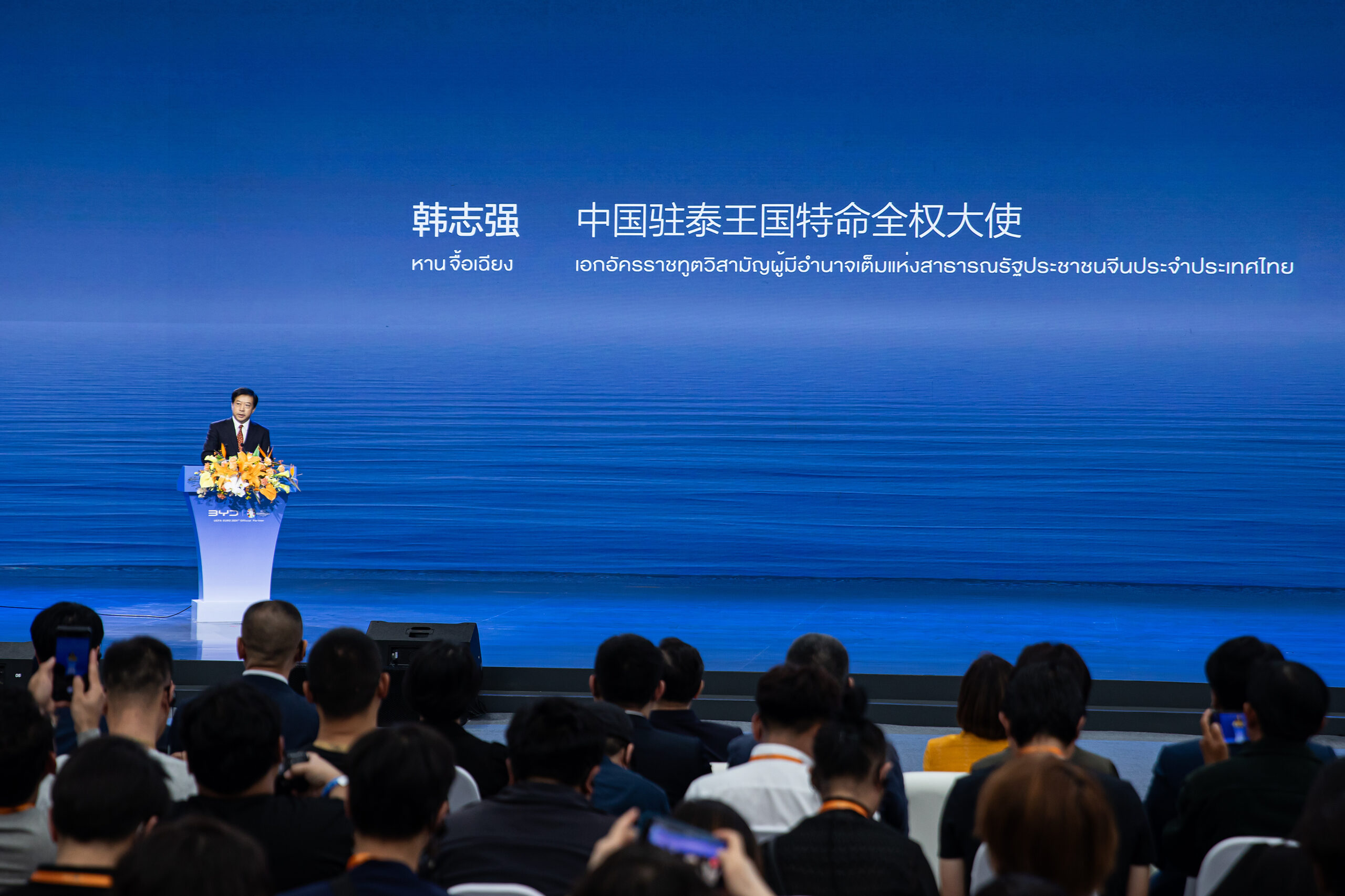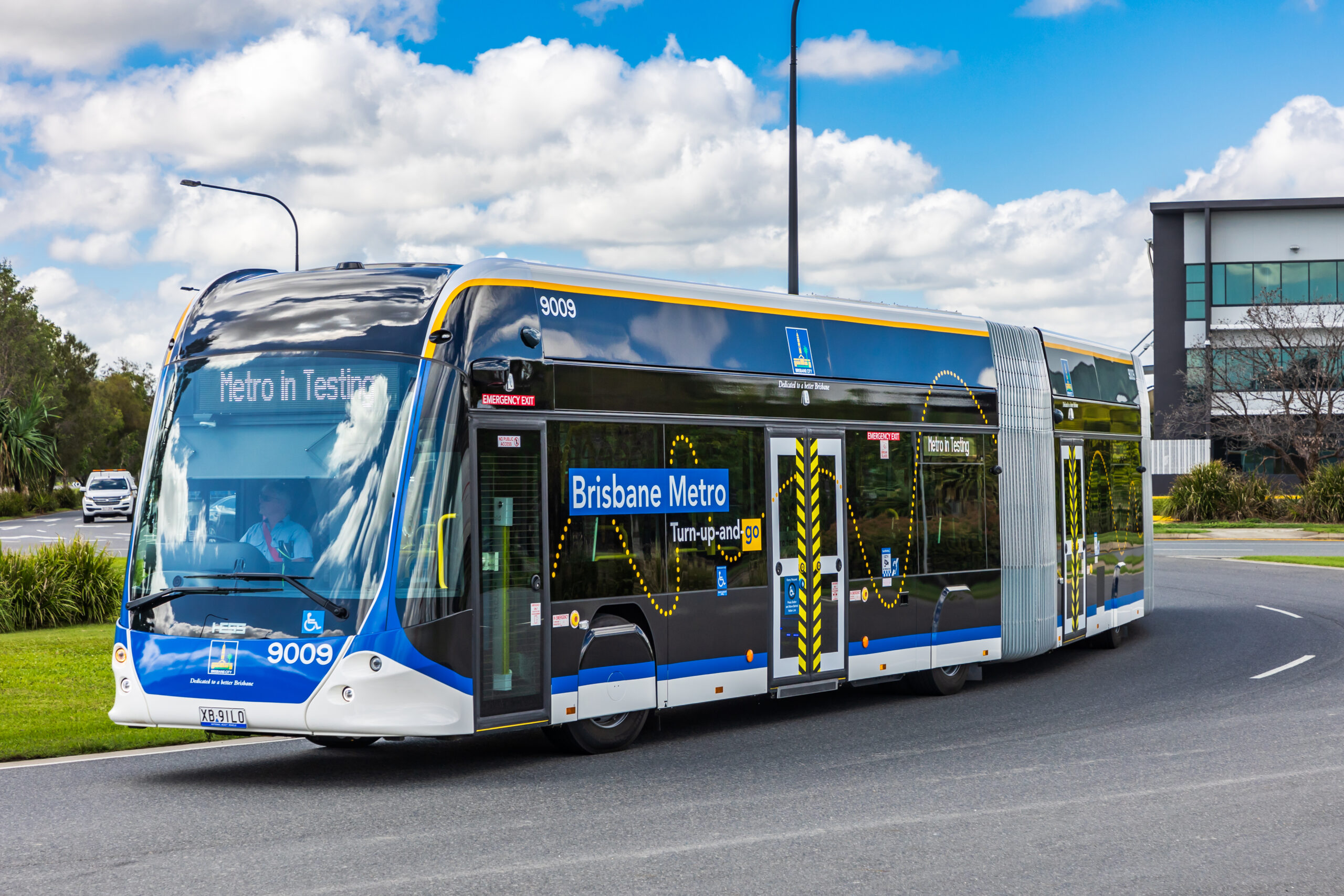Sign up for daily news updates from CleanTechnica on email. Or follow us on Google News!
New report emphasizes the urgency of scaling, innovation, and sequencing change across five strategic verticals for energy transition
Key takeaways
- Deloitte analysis shows that to reach net-zero emissions by 2050, changes should be accomplished with urgency. The journey to net zero needs to happen at roughly 4x the speed of other major historical transformations like the Industrial Revolution. This will likely only happen via cross-industry and public-private collaboration.
- Acting now to capture emissions would be dramatically more effective than postponing the process: Deloitte’s analysis found that capturing 1 million metric tonnes per annum (mmtpa) of carbon by 2050 is equivalent to capturing only 0.35 mmtpa today.
- We have not yet reached peak emissions: Deloitte’s analysis highlights that despite a slowdown in the economy, there was a 1.1% rise in global energy related carbon dioxide emissions in 2023 compared to 2022, as reported by the International Energy Agency.
- Deloitte research uncovered that each year of delay in reducing carbon emissions can result in as much as $150 billion in incremental costs.
- A new way of doing business and of taking action through cross-sector collaboration and collective action could be key to driving global impact.
- The journey to net-zero emissions should involve careful planning and coordination among industries to realize the highest impact in a relatively short timeframe.
Why this matters
Deloitte’s new report, “Energy Transition: The Road to Scale,” explores a potential roadmap for the future, outlining strategic initiatives and cross-sector collaborations to help make net-zero emissions by 2050 a reality.
The report is the result of extensive research and Deloitte analysis, emphasizing the important role of cross-industry collaboration in paving the way towards a more sustainable future. The report focuses on the comprehensive strategies for sequencing and achieving sustainable progress in each of five verticals—infrastructure; power grid; industrial manufacturing; mining and metals; and land, water and waste.
The transition to net-zero emissions is not just an environmental imperative, but also an opportunity to drive economic growth and societal progress. Achieving net-zero goals by 2050 does not offer much flexibility. We must act with urgency, and collaborate across industries, to help ensure a successful energy transition — one where neither the financial nor environmental costs are too high for us to bear on a global scale. —Stanley Porter, global energy, resources and industrials leader, Deloitte Global

About Deloitte
Deloitte provides industry-leading audit, consulting, tax and advisory services to many of the world’s most admired brands, including nearly 90% of the Fortune 500® and more than 8,500 U.S.-based private companies. At Deloitte, we strive to live our purpose of making an impact that matters by creating trust and confidence in a more equitable society. We leverage our unique blend of business acumen, command of technology, and strategic technology alliances to advise our clients across industries as they build their future. Deloitte is proud to be part of the largest global professional services network serving our clients in the markets that are most important to them. Bringing more than 175 years of service, our network of member firms spans more than 150 countries and territories. Learn how Deloitte’s approximately 457,000 people worldwide connect for impact at www.deloitte.com.
Press release from Deloitte.
Have a tip for CleanTechnica? Want to advertise? Want to suggest a guest for our CleanTech Talk podcast? Contact us here.
Latest CleanTechnica.TV Video
CleanTechnica uses affiliate links. See our policy here.





